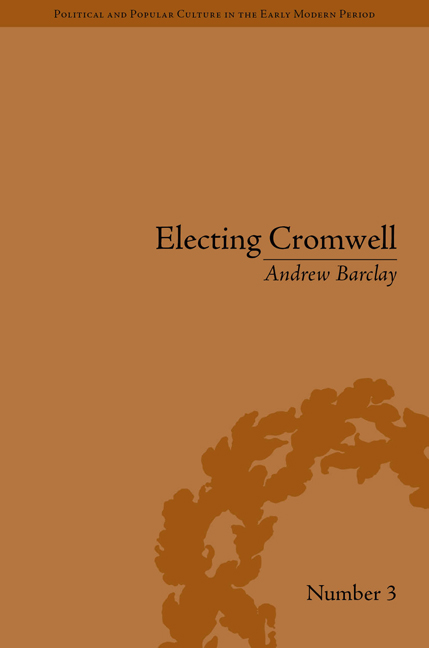9 - Another Election
from Part III
Summary
The original question has now been answered. Oliver Cromwell was in all probability elected as MP for Cambridge in 1640 through the efforts of a group of local godly citizens. By choosing Cromwell and Lowry, those citizens had been able to block the candidates favoured by most of the aldermen. They were thus able to ensure that the town was represented in Parliament by two men as concerned as they were by the religious policies of Wren, Laud and the king. The Flagellum anecdote turns out to have been more right than it was wrong.
But that is not the end of the story. As that interpretation implies, the 1640 elections had divided the corporation. Under other circumstances, those who had opposed Cromwell and Lowry might have been able to let this pass. For all they knew, the Parliament elected in late 1640 might have proved to be as short-lived as its predecessor. After all, no English Parliament for almost three decades had lasted for more than about a year. What the aldermen could certainly not have foreseen was that Cromwell and Lowry would serve as their MPs continuously for over twelve years. Worse, the wider crisis that soon unfolded at Westminster and then throughout the rest of the kingdom did nothing to lessen the tensions within the Cambridge Corporation. The issues at stake in the elections at Cambridge in 1640 were among those that less than two years later helped push Parliament and the king into a civil war.
- Type
- Chapter
- Information
- Electing CromwellThe Making of a Politician, pp. 145 - 156Publisher: Pickering & ChattoFirst published in: 2014



